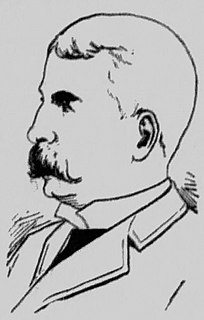A Quote by Andrew Coyle Bradley
Shakespeare's idea of the tragic fact is larger than this idea and goes beyond it; but it includes it, and it is worth while to observe the identity of the two in a certain point which is often ignored.
Related Quotes
Pictures are the idea in visual or pictorial form; and the idea has to be legible, both in the individual picture and in the collective context - which presupposes, of course, that words are used to convey information about the idea and the context. However, none of this means that pictures function as illustrations of an idea: ultimately, they are the idea. Nor is the verbal formulation of the idea a translation of the visual: it simply bears a certain resemblance to the meaning of the idea. It is an interpretation, literally a reflection.
Falling into Donald Trump's trap, or being distracted every time he sends out a tweet is really not leadership. And, I would point you to a historical example, Italy's Donald Trump, Silvio Berlusconi, a larger-than-life personality. People didn't know what to do until somebody came up with a novel idea: Why don't we ignore him? They completely ignored the personality, the man, and focused on the issues. He was defeated twice. Maybe we can learn from that lesson.
The extraordinary fact is that the first idea I had which motivated me, that worked, is conjecture, a mathematical idea which may or may not be true. And that idea is still unproven. It is the foundation, what started me and what everybody failed to **** prove has so far defeated the greatest efforts by experts to be proven.
I have a new theory of history, which is certain things happen because they seem like a good idea at the time. And suburbia seemed like a good idea at the time, but it was a special time and place in history, with special dynamics. And now, we're going to have to live with the consequences of that. And the consequences will be tragic.
Argumentation is a human enterprise that is embedded in a larger social and psychological context. This context includes (1) the total psyches of the two persons engaged in dialogue, (2) the relationship between the two persons, (3) the immediate situation in which they find themselves and (4) the larger social, cultural and historical situation surrounding them.


































